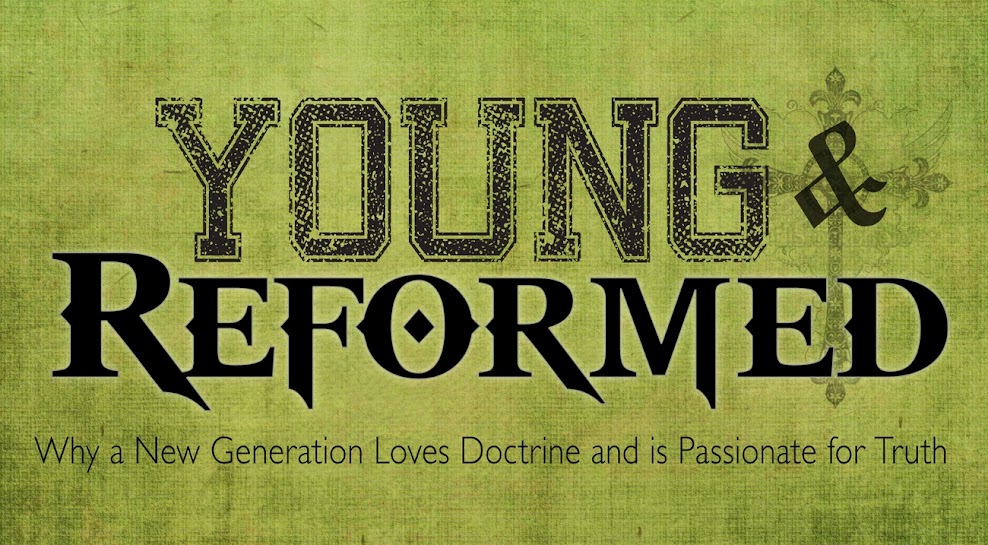Electronic systems are usually grouped into two basic categories: analogs or digitals. The analog systems are those with the capability of working based on smooth transition of values, while the counterparts are based on rigid transition of two states – basically on and off. It is of the common knowledge that analog systems proceeded their digital brothers and sisters, which came as a result of technical adjustments with the principles of computer. Hence, it implies that life is originally an analog-based system and nothing is too rigid as to define it as exactly 0 or 1.
However, deriving the basic principle from the Bible, we could actually say that God tends to be more digital than this life ever is. In the beginning of this world, Adam and Eve were created and sinned against God. God was very much consistent by putting them under punishment, because sins have to be judged and punished. Therefore, they were expelled from the Garden of Eden respectively. And throughout the Bible, we could infer that sin is sin and righteousness is righteousness. There is no such thing defined as so-called half-sin or half-righteousness. Wrong is wrong and right is right in other words. This is why; I think God is pretty much digital.
In His digital decree, the sinful men were punished under His divine wrath, against which not even one being could stand. The punishment is certainly just and based on His divine and consistent characters. Forgiveness could not come without any just punishment. This is the very first principle we could derive from the Bible. However, if we later compare the first sin with the proceeding sins, we could actually conclude that the ones committed later are more terrible, crueler, more savage, and more prominent than its origin. How could then God took the first sin so seriously and so strictly? Isn’t it just about taking merely food from the garden and unconsciously they took it from the wrong source?
Talking about sin is not similar to talking about consumer-goods bargaining. It is obvious that sin has a deeper meaning than just taking food from an illegal source. It is deeper in the heart that the Bible has warned us profoundly to take care of it (Proverbs 4:23). This is the reason why the Israelites take this heart-problem so seriously. Talking about whether it is digital or analog to sin against God, perhaps we should go a little bit further to conscience examination. It is exactly coherent with what Jesus has said during His earthly ministry that sins originate from the heart (Matthew 7:21).
This is why we are more concerned about what is inside. It is then not really relevant to talk about whether God is analog or digital, because in the level of heart, everything becomes much more digital; it is whether your heart is or is not directed towards God.
However, in the context of practical life, it seems that God reminds us to be in the analog mode. Jesus indeed rebuked the hypocrisy of the Pharisees (Matthew 5:20) as they are more concerned about what is outside (fulfilling the law) and not inside (seeking a pure heart). It might seem a bit digital here, that Jesus was talking about doing good or bad, right or wrong. But, Paul brilliantly combined and concluded everything in a life consists of both analog and digital modes (
